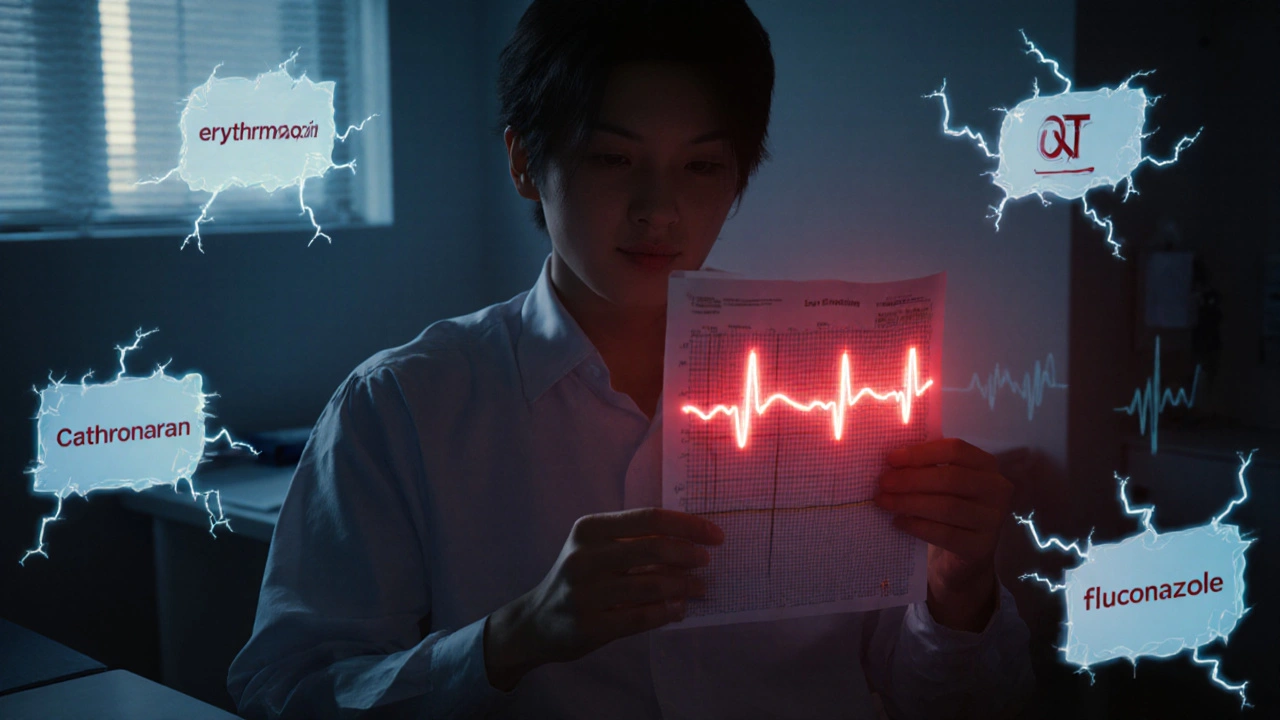Drug Interactions with Methadone: Risks, Risks, and What to Know
When you're taking methadone, a long-acting opioid used for pain management and opioid use disorder. Also known as methadone hydrochloride, it works slowly in your body and stays active for hours—sometimes over a full day. This long half-life is why even small mistakes with other drugs can lead to serious, even deadly, outcomes.
Methadone doesn’t play well with many other substances. Mixing it with benzodiazepines, like Xanax or Valium, used for anxiety or sleep can slow your breathing to a dangerous level. The same goes for alcohol, even in small amounts. These combinations don’t just increase drowsiness—they can stop your breathing entirely. Studies from the CDC show that over half of methadone-related deaths involve another central nervous system depressant. It’s not just about pills—some herbal supplements, like St. John’s Wort, can lower methadone levels in your blood and trigger withdrawal. And if you’re on antidepressants like SSRIs or certain antibiotics like clarithromycin, those can spike methadone levels, increasing overdose risk.
It’s not just about what you take on purpose. Even over-the-counter cold medicines with dextromethorphan, muscle relaxants like cyclobenzaprine, or antifungal drugs like fluconazole can interfere. Your body breaks down methadone using liver enzymes called CYP3A4 and CYP2B6. Anything that blocks or speeds up those enzymes changes how methadone works. That’s why your pharmacist needs to know every pill, patch, or drop you use—even if you think it’s "just a vitamin." The risk isn’t just theoretical. People have ended up in the ER or worse because they took a new medication without checking with their doctor.
What you’ll find below are real, practical guides from people who’ve been there. From how methadone interacts with sleep aids and pain relievers to what happens when you mix it with antidepressants or antibiotics. These aren’t theory pieces—they’re clear, no-fluff comparisons and warnings based on actual patient experiences and medical data. You’ll see which combinations are most dangerous, which ones are sometimes okay under supervision, and what signs to watch for if something’s going wrong. This isn’t about scare tactics. It’s about giving you the facts so you can stay safe while getting the treatment you need.
Methadone and QT-Prolonging Drugs: What You Need to Know About Arrhythmia Risk

Methadone can prolong the QT interval and increase the risk of dangerous heart rhythms, especially when combined with other QT-prolonging drugs. Learn who’s at risk, which medications to avoid, and how to stay safe.
